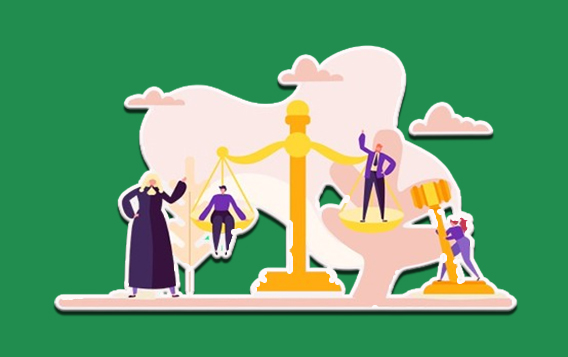An auto loan charge-off is a type of loan that indicates that the lender has given up on you repaying the bill, and they could sell your account to debt buyers or collection agencies. The debt must still be repaid legally, which can seriously harm your credit. During the procedure, your automobile will probably also be repossessed.

Additionally, a charge-off on an auto loan will often negatively affect your credit score. It frequently happens for 120–180 days following your failure to make loan payments on time and have a seven-year record on your credit reports.
Technically, you are still legally required to pay back a debt even after it has been charged off. In this article, we will guide you and explain all you need to know about auto loan charge-offs, which include how it works and the penalties of owning an auto loan charge-off.
How Does an Auto Loan Charge-Off Work
A lender can initiate the charge-off procedure if it determines that a car loan obligation is not receivable. As the borrower, you are impacted by certain milestones in this process.
The debt is changed from an asset to a liability
An auto loan charge-off starts with an accounting categorization. The loan is legally classified as a liability by the lender, who removes it from its assets column. As a result, the lender no longer views the loan as income. Rather, it is regarded as a loss.
Notification of the default
The lender may be compelled by law to offer you notice of default and an opportunity to pay back the outstanding debt, depending on your state. Not all states have this as a requirement.
The collection process could be taken up by a different agency
When a loan is charged off by the original lender, it’s usually handed over to a collection agency or other third party, who then takes over the task of collecting the debt. One of the methods of collection is to sue you for repayment. Should a judgment be rendered against you, you may have some of your income withheld as reparation.
Credit bureaus get a report on the charge-off
When a lender charges off a debt, it also lowers your credit score. This is so because all credit bureaus are usually notified of the charge-off. The account will show up as charged off on your credit report, which is a major red flag that you didn’t pay your debt.
Lastly, when a debt is secured by an automobile through a secured auto loan, the debt collector may eventually take possession of the vehicle. Your credit score may be impacted by car repossession for many years.
Why Do Lenders Charge-Off Auto Loans
Credit card debt is charged off by lenders for tax purposes when it comes to auto loans. Auto loans are viewed as assets at first, but they turn into liabilities when the borrower defaults.
Moreover, charge-offs are governed by federal law, which often mandates that lenders charge off vehicle loans within 180 days. The amount of the charge-off may include earnings, security interest, and collection attempts in addition to the buyer’s outstanding obligation.
When Does an Auto Loan Charge-Off
Typically, a charge-off is done upon the vehicle’s repossession and subsequent sale. However, the lender must execute the charge-off within a specific timeframe. Some customers assert that they have observed charge-offs recorded on the books in lieu of a traditional repossession scenario.
In most cases, debts that have not been paid for six months are classified as charge-offs. When a judgment is charged off, the borrower’s credit score is affected, and collection agencies try to recover the sum.
What Happens If an Auto Loan Charges Off
Auto loan charge-offs happen when consumers on unsecured loans miss several months’ worth of minimum payments. Although past-due accounts may be charged off sooner, the Federal Deposit Insurance Corporation establishes criteria for lenders to charge off vehicle loans when they are 120 days past due.
Generally, charged-off loans must be paid back until they are canceled or released from bankruptcy. The debt may stay on credit reports for a maximum of seven years if the lender sells it to a collection agency.
Can I Drive A Car In Charge-Off
The automobile will often be repossessed before being fully charged off. However, you could have to wait a few days in some circumstances before being notified of the charge-off and the vehicle’s seizure. Therefore, you might be able to drive the automobile for a few days. The automobile is not used as security if you purchased it with an unsecured loan, like a personal loan then, the lender cannot take it without a judge’s approval. In such a case, even after the loan has been paid off, you might still use the vehicle.
Repayment of charged-off auto loans must be made through a third-party collection agency, which may result in litigation or the seizure of the vehicles. Speak with the lender or collection agency, work out a settlement, or negotiate repayment conditions to prevent credit harm.

